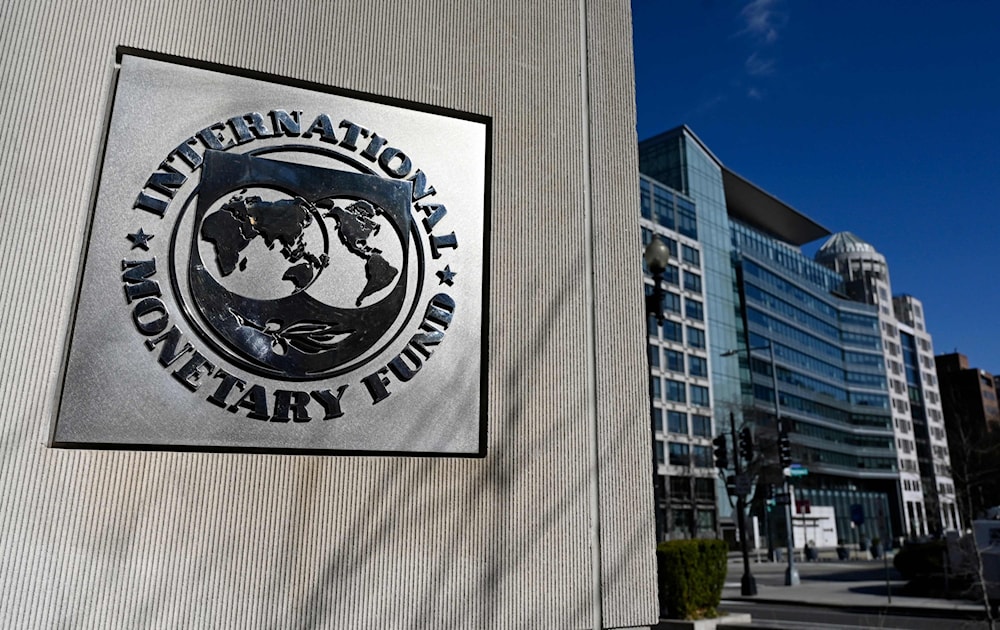Che's Motorcycle
- 14 Posts
- 189 Comments

 0·22 hours ago
0·22 hours agoYep. I was shocked when I first learned how widespread support for socialism once was. Even farmers in Texas and Oklahoma were on board.

 0·1 day ago
0·1 day agoNice! In case you’re just hearing about the SCO for the first time as well, here’s how it describes itself:
The Shanghai Cooperation Organization is a permanent intergovernmental international organization established on June 15, 2001 in Shanghai (PRC) by the Republic of Kazakhstan, the People’s Republic of China, the Kyrgyz Republic, the Russian Federation, the Republic of Tajikistan and the Republic of Uzbekistan. Its predecessor was the mechanism of the Shanghai Five.
In 2002, the Charter of the Shanghai Cooperation Organization was signed at the meeting of the Council of Heads of States in St. Petersburg, which entered into force on September 19, 2003. It is a statute that stipulates the goals, principles, structure and major areas of activities of the organization.
The goals of the SCO are:
• to strengthen mutual trust, friendship and good-neighborliness between the Member States;
• to encourage the effective cooperation between the Member States in such spheres as politics, trade, economy, science and technology, culture, education, energy, transport, tourism, environmental protection, etc;
• to jointly ensure and maintain peace, security and stability in the region; and
• to promote a new democratic, fair and rational international political and economic international order.Internally, the SCO adheres to the “Shanghai spirit”, namely, mutual trust, mutual benefit, equality, consultation, respect for diversity of civilizations and pursuit of common development; and externally, it upholds non-alignment, non-targeting at other countries or regions and the principle of openness.

 0·2 days ago
0·2 days agoSome real gems here, even in just the first section of the article.
For the past few years, the West has been trying to break China’s grip on minerals that are critical for defense and green technologies. Despite their efforts, Chinese companies are becoming more dominant, not less.
They are expanding operations, supercharging supply and causing prices to drop. Their challengers can’t compete. “China is not just standing still waiting for us to catch up,” said Morgan Bazilian, director of the Payne Institute at the Colorado School of Mines. “They are making investments on top of their already massive investments in all aspects of the critical-minerals supply chain.”
Take nickel, which is needed for electric-vehicle batteries. Chinese processing plants that dot the Indonesian archipelago are pumping out vast quantities of the mineral from new and expanding facilities, jolting the market.
Meanwhile, Switzerland-based mining giant Glencore is suspending operations at its nickel plant in New Caledonia, a French territory, concluding it can’t survive despite offers of financial help from Paris. [Eat shit, Macron.] The U.K.’s Horizonte Minerals, whose new Brazilian mine was expected to become a major Western source, said last month that investors had bailed, citing oversupply in the market.
At least four nickel mines in Western Australia are winding down. Lithium projects in the U.S. and Australia have been postponed or suspended after a surge in Chinese production at home and in sub-Saharan Africa.
The only dedicated cobalt mine in the U.S. also suspended operations last year, five months after local dignitaries attended its opening ceremony. Its owners say they are struggling against a flood of Chinese-produced cobalt from Indonesia and the Democratic Republic of Congo.
Last year, non-Chinese production of refined cobalt declined to its lowest level in 15 years, according to Darton Commodities. The share of lithium mining done within China or by Chinese companies abroad has grown from 14% in 2018 to 35% this year, according to Fastmarkets, a commodities information provider. Over the same time, lithium processing done within China has risen from 63% in 2018 to 70%, according to Fastmarkets.
The breakneck expansion has assailed Western producers, who say China’s domestic economy can’t always absorb the flood of minerals its firms bring to market. Slower-than-expected electric-car sales growth in China last year meant there were fewer takers for China’s mineral surge, contributing to the crash in global prices.
What’s more worrying for Western producers is that there is little sign of a letup. “It’s just the way China does things. They have tended to build more capacity whether it’s in aluminum, or cement, or nickel,” said William Adams, head of base metals research for Fastmarkets. Chinese companies “all gun for market share, and the consequence for that is you get oversupply.”
Western officials, too, are sounding the alarm. In response to a question last month about China’s dominance in nickel, Canadian Deputy Prime Minister Chrystia Freeland said the market had been flooded, making businesses in free-market democracies uneconomic.
“It is our belief that that behavior can be intentional, can be happening with the purpose of driving companies in our country, in those of our allies, out of business,” she said. Freeland didn’t provide further details or any evidence for the claim.

 17·2 days ago
17·2 days agoThe US has been looking more and more like a snarling, wet chihuahua.

 0·4 days ago
0·4 days agoOh man, I saw those things can be 2-3 times hotter than rawit. Sambal setan indeed!

 0·4 days ago
0·4 days agoMy brain has been overloaded by all that cuteness!

 0·4 days ago
0·4 days agoYou too! :D

 0·4 days ago
0·4 days agoRawit peppers? Yum!

 0·5 days ago
0·5 days agoThe internal contradictions are sharpening.
I’m cackling in public…

 0·7 days ago
0·7 days agoTo each their own. I left Reddit a year ago and have never felt the slightest urge to go back. Just too toxic and lib for me.

 0·7 days ago
0·7 days agoAnd nothing of value was lost…

 0·8 days ago
0·8 days agoAt least 40% of the high tech bits are dependent on China: https://lemmygrad.ml/post/4933952

 8·8 days ago
8·8 days agoI saw that someone went through and downvoted nearly every comment. Out of spite I upvoted each and every one of those, nullifying their efforts. Praxis!

 41·8 days ago
41·8 days agoFound you!
Come back here and I’ll bite your leg!
















I can’t seem to find it anywhere, but I swear I once read a fascinating critique of nihilism by Marx himself.
The outline was a brilliant bait and switch: